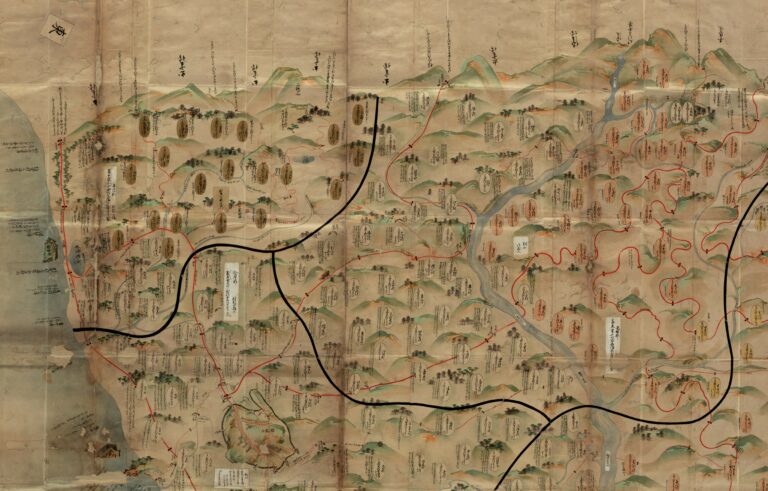“Mountain disputes” in early modern Japan
In my pilot project, I analyze “mountain disputes” in early modern Japan, resource conflicts that played out in mountainous areas. These comprised a variety of disputes that involved several kinds of resources and actor groups. Mountains were not only the area where common forests were located, but also religious sacred areas, as well as mines operated by local landlords. The goal of the project is to identify cases and settlements, as well as to situate them into their social contexts and the forestry, religious and technical knowledge involved.
The project mainly relates to two research fields of ReForm. “Knowledge” is important because project aims at examining the knowledge behind the involved actors’ appropriation of resources (for example, the existence and exploitation of mines), or the exclusion of the access by others (for example, religious knowledge or scientific knowledge – in premodern Japan, forests were protected by authorities to regulate rainfall). “Governance” is the other main element of this project, because the relationship between resource exploitation and the different overlapping forms of governance (by the Shogunate, domain authorities, shrines, and village collectives) is analyzed.

Julia Mariko Jacoby
ist seit Herbst 2022 Mitglied bei ReForum. Ihr Pilotprojekt "'Mountain disputes' in early modern Japan" ist Teil ihres Projekts "Commons and Compromise: Regulating Resource Conflicts in Japan (17th – 19th Century)".


